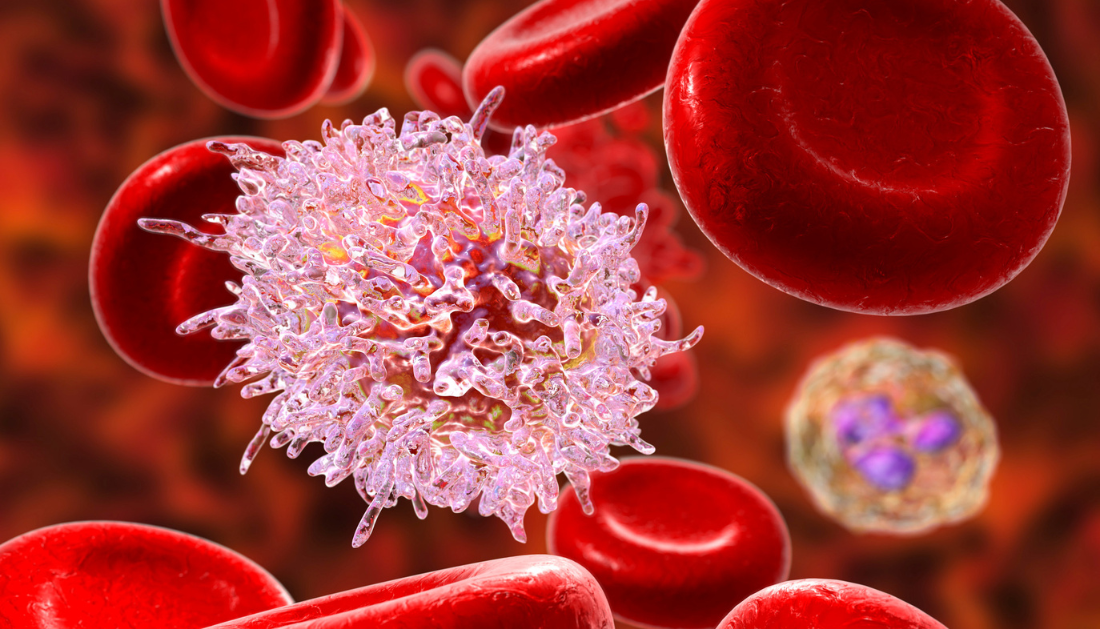

How a Drug Complex Enables Immune Detection of Tumors
In a major leap for cancer immunotherapy, scientists have introduced a groundbreaking drug complex that induces cancer cells to “self-report” to the immune system. This concept tackles one of oncology’s most persistent challenges: immune evasion. Tumor cells often suppress or camouflage their antigen presentation, enabling them to remain undetected within the body. The new therapy disrupts this evasion by altering the signaling pathways within cancer cells, prompting them to reveal immunogenic markers that the immune system can recognize.
Explore all Immunotherapies CME/CE Conferences
This novel approach incorporates elements of targeted cancer therapy with refined molecular signaling. Instead of waiting for immune cells to identify malignancies based on abnormal protein expression, the drug complex forces tumors to expose their identity. This allows immune components, particularly cytotoxic T cells, to respond more quickly and precisely. Such a mechanism could transform current immunotherapy protocols by making treatments less reliant on chance immune encounters and more driven by tumor-intrinsic signaling.
The implications for healthcare professionals are profound. It opens new treatment pathways for cancers that previously showed resistance to immunotherapeutic agents. As precision medicine continues to take shape, therapies like these, tailored to the molecular behavior of tumor cells, could become integral to personalized treatment regimens. The ability to force immune visibility without additional genetic modification is a key differentiator from other emerging therapies, such as CAR T-cell therapy, and may represent a safer and more scalable model.
T Cell or Cancer Cells Activation and Immune Checkpoint Blockade at Play
Mechanisms Behind Enhanced Immune Recognition
This new approach strengthens T cell activation and enhances immune checkpoint blockade effectiveness. The self-reporting mechanism alters the tumor microenvironment and triggers a cascade of immune signaling, improving the effectiveness of checkpoint inhibitors.
Unlike traditional immunotherapies that rely solely on T cells detecting foreign proteins, this method ensures cancer cells flag themselves through modified biomarkers. The impact is twofold: it boosts the performance of biologic drugs and offers clinicians a tool to modulate immune responses more accurately. This drug complex may also support cell-based immunotherapy models and contribute to future oncology breakthroughs.
Explore All Oncology CME/CE Conferences and Online Courses 2025
For nurses and other frontline providers, understanding these mechanisms is essential. It could mean earlier signs of therapeutic response, new monitoring protocols based on immune activity, and more personalized patient care strategies. As this research progresses, we may witness an era where tumors are not only treatable but also proactively engage the immune system to assist in their elimination.
What This Means for Healthcare Providers
Clinical Implications for Nurses and Oncologists
For HCPs, especially oncology nurses and immunologists, this discovery introduces new clinical possibilities in diagnostics and therapy design. With enhanced tumor targeting and immune system activation, patient-specific treatment plans become more attainable.
As researchers refine this therapy, it may lead to a new generation of cancer care, where cancer biomarkers guide treatment and immune system collaboration becomes central to cancer management strategies.
For More Information:
Papadopoulos, Z., et al. (2025) Gallium(III) Complex Induces Immunogenic Cell Death Hallmarks for Chemoimmunotherapy. Journal of Medicinal Chemistry. doi.org/10.1021/acs.jmedchem.5c00969.
more recommended stories
 AI Predicts Chronic GVHD Risk After Stem Cell Transplant
AI Predicts Chronic GVHD Risk After Stem Cell TransplantKey Takeaways A new AI-driven tool,.
 Rising Measles Cases Prompt Vaccination Push in NC
Rising Measles Cases Prompt Vaccination Push in NCKey Highlights 15 confirmed Measles cases.
 High-Fat Diets Cause Damage to Metabolic Health
High-Fat Diets Cause Damage to Metabolic HealthKey Points Takeaways High-fat and ketogenic.
 Chronic Brain Compression Triggers Neuron Death Pathways
Chronic Brain Compression Triggers Neuron Death PathwaysKey Takeaways Chronic brain compression directly.
 Texas Medical Board Releases Abortion Training for Physicians
Texas Medical Board Releases Abortion Training for PhysiciansKey Takeaways Texas Medical Board has.
 Needle-Thin Brain Implant for Layer-Specific Brain Research
Needle-Thin Brain Implant for Layer-Specific Brain ResearchKey Takeaways Researchers have developed a.
 Pancreatic Cancer Research: Triple-Drug Therapy Success
Pancreatic Cancer Research: Triple-Drug Therapy SuccessKey Summary Spanish researchers report complete.
 Immune Cell Epigenome Links Genetics and Life Experience
Immune Cell Epigenome Links Genetics and Life ExperienceKey Takeaway Summary Immune cell responses.
 Chronic Pain Linked to CGIC Brain Circuit, Study Finds
Chronic Pain Linked to CGIC Brain Circuit, Study FindsKey Takeaways University of Colorado Boulder.
 Phage Therapy Study Reveals RNA-Based Infection Control
Phage Therapy Study Reveals RNA-Based Infection ControlKey Takeaways (Quick Summary) Researchers uncovered.

Leave a Comment